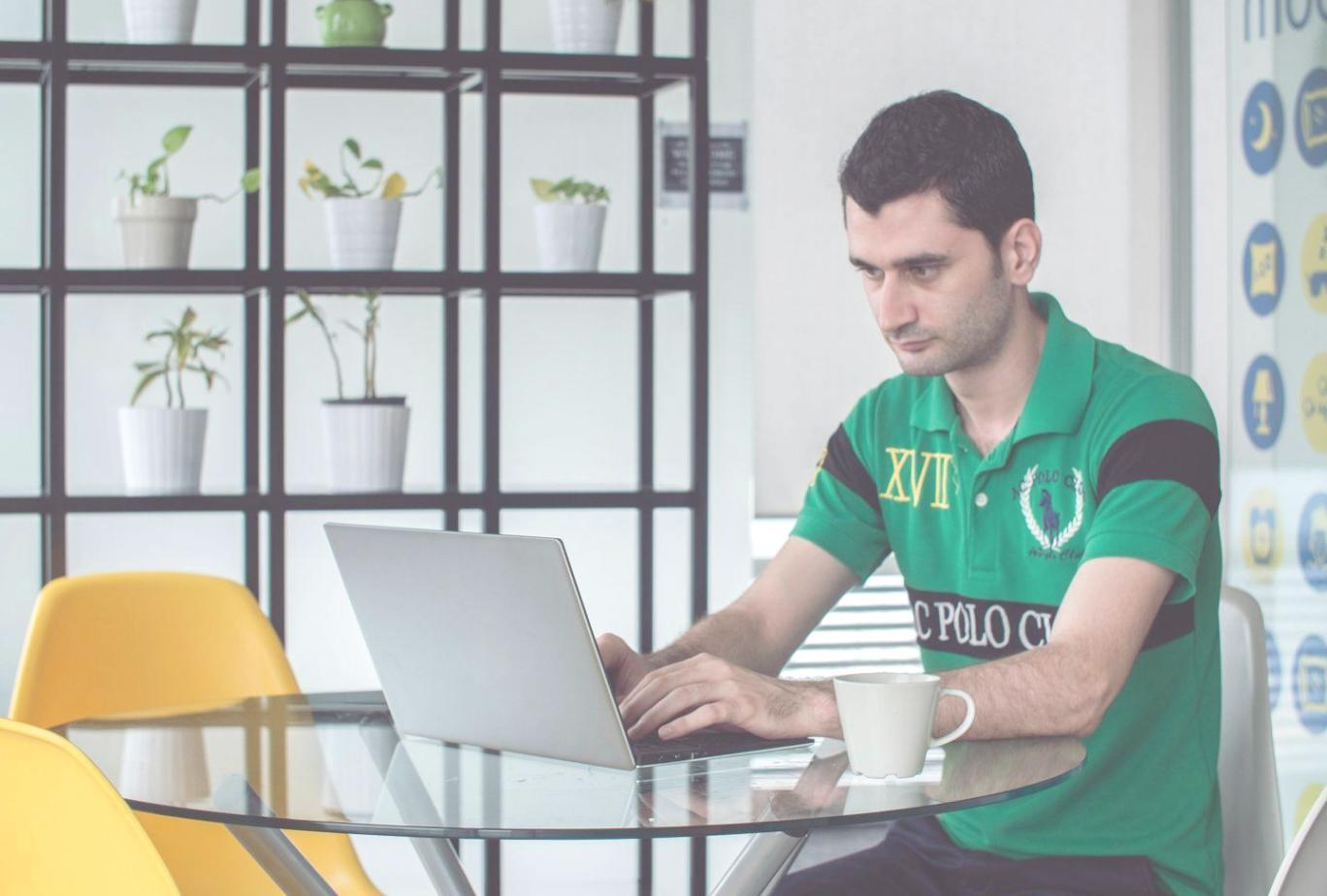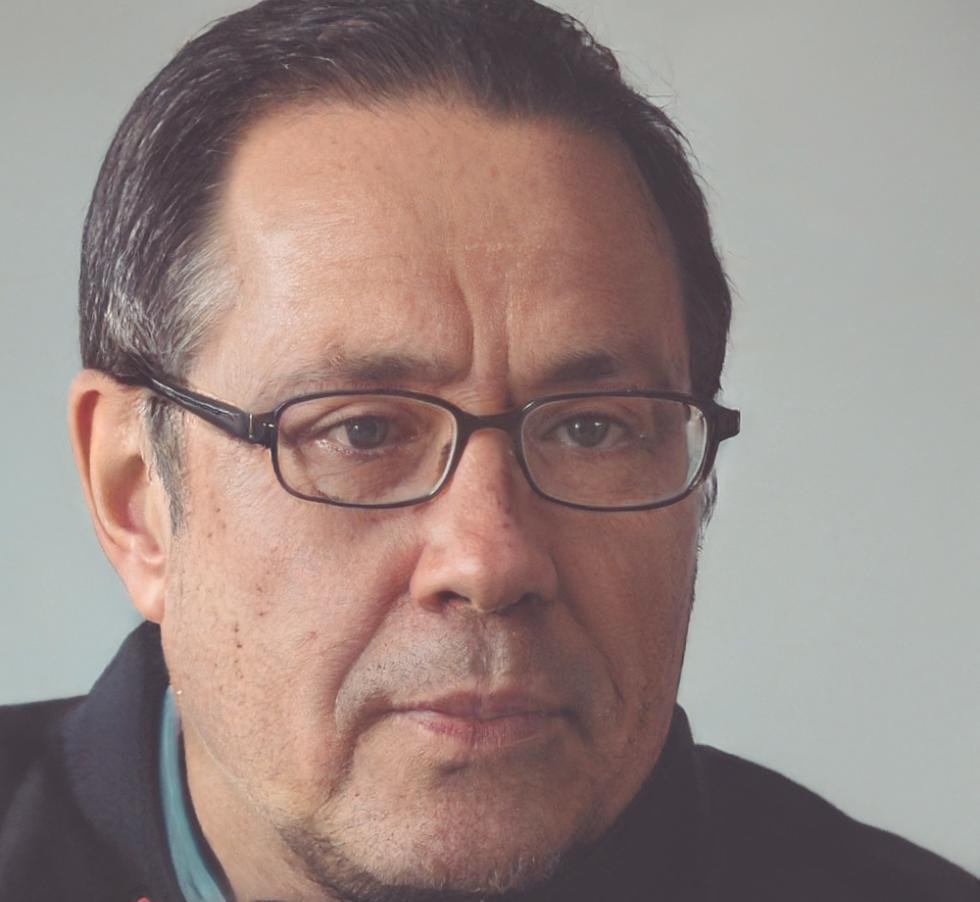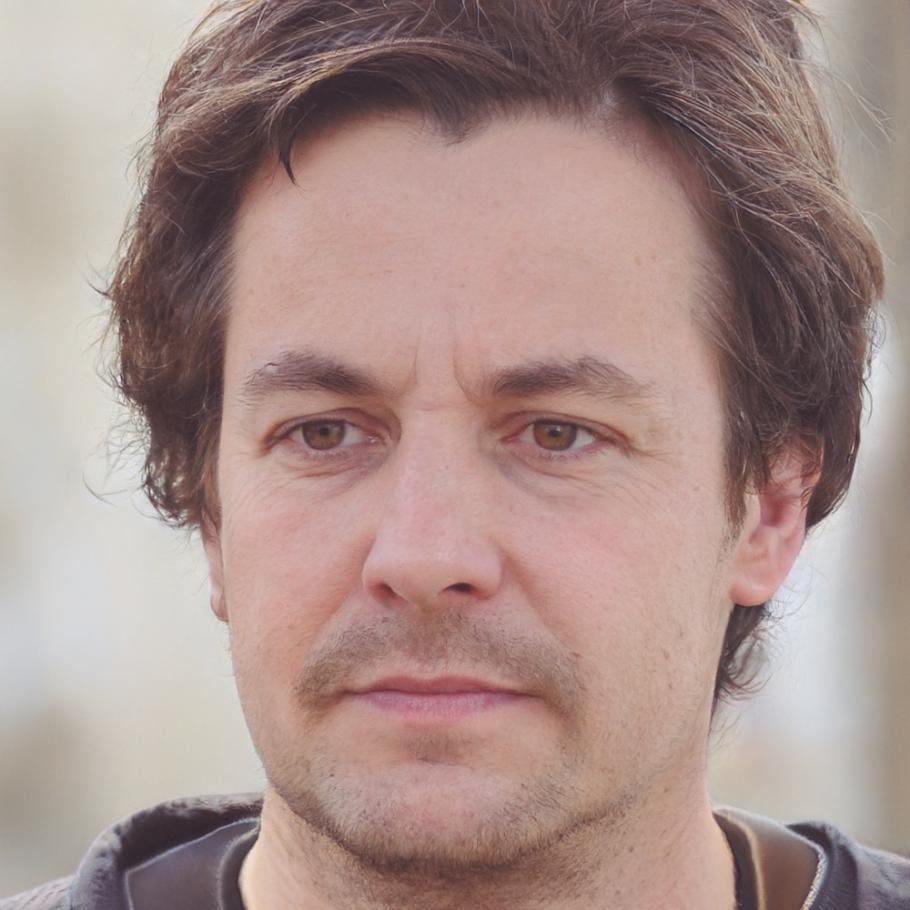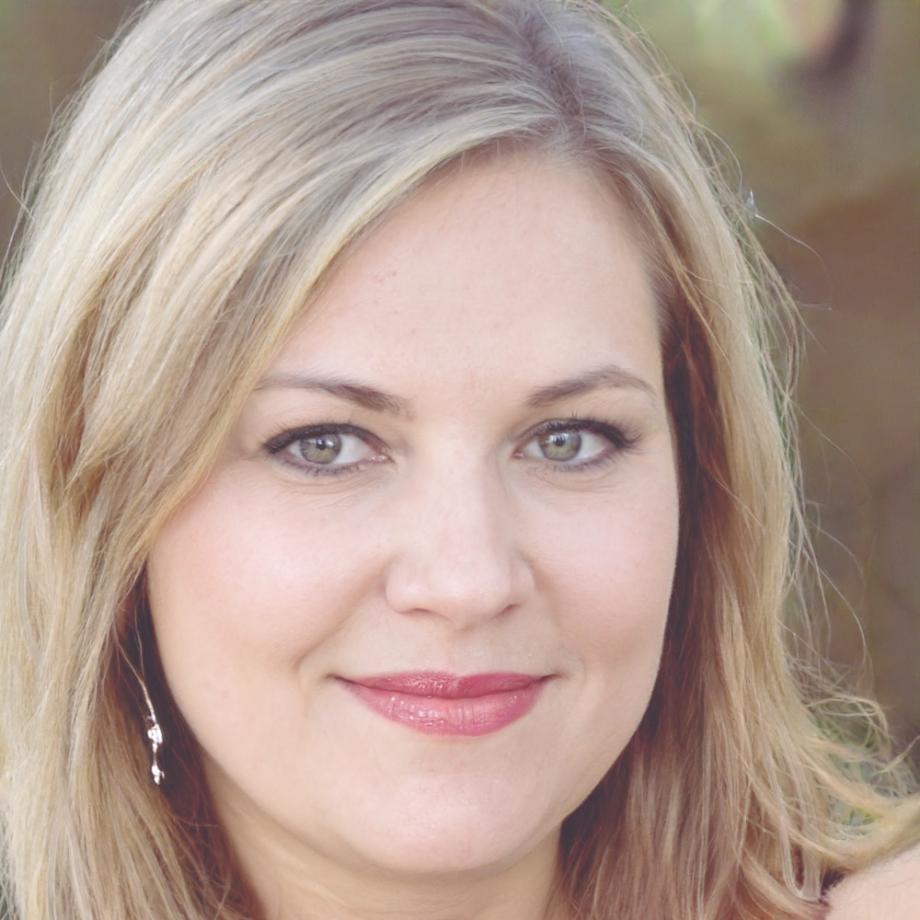Our Teaching Philosophy
Real-world financial education that actually sticks. We focus on practical skills you can use tomorrow, not abstract theories you'll forget next week.
Learning Through Experience
Most financial education fails because it treats money like a math problem. But managing your finances isn't really about calculations — it's about building habits that work when life gets messy.
We've seen too many people struggle with budgets that look perfect on paper but fall apart after two weeks. That's why our approach starts with understanding your actual spending patterns, not ideal ones.
Every lesson connects to real situations. When we talk about emergency funds, we discuss what happens when your car breaks down on a Thursday morning. When we cover debt management, we work through actual credit card statements.
Our instructors have made their fair share of financial mistakes. This gives them credibility that textbook authors can't match. Learning from someone who's been there makes all the difference.

How We Actually Teach
These methods have evolved over years of watching what works and what doesn't in financial education.
Story-Based Learning
We start every concept with a real story. Like how Sarah saved for her house deposit by tracking her coffee spending, or how Marcus got out of debt by switching to cash for groceries.
- Makes abstract concepts concrete
- Shows realistic timelines for financial goals
- Demonstrates that small changes add up
Hands-On Practice
You'll work with your own financial data from day one. No hypothetical scenarios or made-up numbers — just your actual bank statements and bills.
- Immediate personal relevance
- Builds confidence with real results
- Creates habits that last beyond the course
Mistake-Friendly Environment
Financial mistakes happen to everyone. We create space to discuss what went wrong and why, without judgment or shame.
- Reduces financial anxiety
- Builds problem-solving skills
- Creates honest learning conversations
Progress Tracking
We help you measure what matters. Not just account balances, but behaviors like how often you check your spending or how quickly you notice unusual charges.
- Shows improvement in real-time
- Builds momentum through small wins
- Keeps focus on sustainable habits
Meet Your Instructors
Our teaching team combines professional expertise with personal experience of financial ups and downs.

Fraser McKinnon
Personal Finance Specialist
Fraser started teaching after realizing traditional financial advice didn't work for his own chaotic spending habits. He specializes in helping people who've tried budgeting before and given up. His approach focuses on finding systems that actually fit your lifestyle.

Dmitri Volkov
Debt Recovery Coach
Dmitri knows debt from both sides — he spent three years paying off his own credit cards after a business failure. Now he helps others navigate the emotional and practical challenges of getting back on track financially.

Ingrid Pemberton
Investment Education Director
Ingrid makes investing approachable by starting with the basics and building slowly. She believes most people can start investing with less money than they think, and her lessons focus on building confidence before building portfolios.
Our Step-by-Step Process
Each course follows this proven framework that builds financial confidence gradually and sustainably.
Assessment Without Judgment
We start by looking at where you are right now. No shame about past decisions, just honest assessment of current habits and goals. This creates your personal baseline for measuring progress.
Small Changes First
We pick one or two small financial habits to change initially. Maybe it's checking your account balance twice a week, or setting up automatic transfers. Small wins build momentum for bigger changes later.
Practice with Real Money
Once you're comfortable with basic habits, we move to working with your actual finances. You'll practice budgeting, saving strategies, and decision-making with your real income and expenses.
Building Long-term Systems
The final phase focuses on creating systems that work independently. You'll develop your own methods for tracking progress, making financial decisions, and adjusting when life circumstances change.